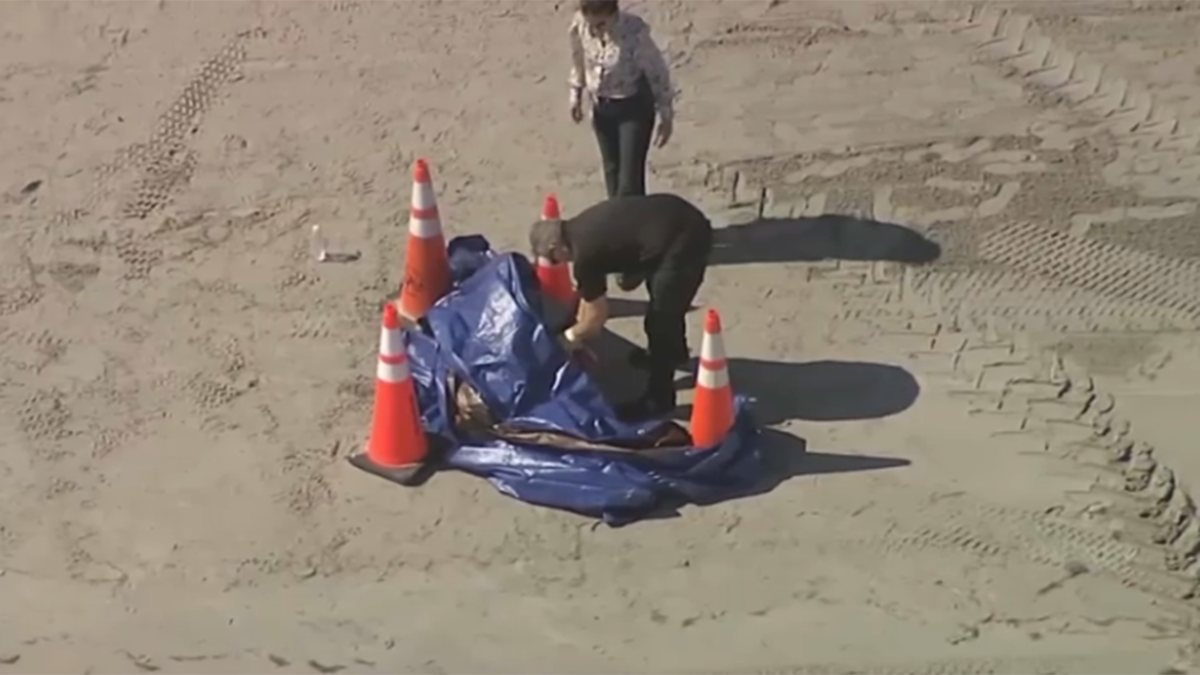Sen. Marco Rubio suspended his presidential campaign after losing his home state of Florida on Tuesday, following a contentious campaign that survived a disastrous debate where he was mocked relentlessly for his robotic, repetitive performance but soon after fizzled out.
"While it is not God’s plan that I be president in 2016, or maybe ever, and while today my campaign is suspended, the fact that I’ve even come this far is evidence of how special America truly is," Rubio told supprters.
Going into the March 15 primary in Florida, where Rubio trailed Trump by double digits, the Florida senator was doing all he could to squeak out a victory in his home state. He asked his supporters in Ohio to back Gov. John Kasich in the contest there in the hopes that Kasich's supporters would vote for him in Florida, but Kasich's campaign scoffed at the idea.
After Rubio's announcement, Ohio Governor John Kasich sent a tweet saying:
"Make no mistake, Marco Rubio will continue to be a powerful voice frot eh future of our Republican party," Kasich wrote."
The day of the primary, Rubio was insisting that he would push on to Utah the following week regardless of the Florida results. By then he had won only three contests: Puerto Rico, Washington, D.C., and Minnesota.
But he did not win Florida, his home state and one he had long said would be critical to his campaign.
"There’s nothing more you could have done," he told his supporters Tuesday night, before conceding.
Local
Rubio lost Florida to Republican frontrunner Donald Trump, against whom he had led a series of caustic attacks on Donald Trump, making fun of the front-runner’s spray tan and small hands, failed business deals and lack of policy proposals. He called him a “con man” seeking to pull off the “biggest scam in American policy history.”
"The politics of resentment against other people will not just leave us a fractured party, they’re going to leave us a fractured nation, they’re going to leave us as a nation where people literally hate each other because they have different political opinions," he added.
But Rubio was also accused on flip-flopping, particularly on the incendiary issue of immigration. With Trump calling for the deportation of all illegal immigrants and the construction of a wall on the U.S.-Mexico border, Rubio was left to explain his embrace of a bipartisan group of senators, the so-called Gang of Eight, who in 2013 put an ultimately unsuccessful immigration overall bill.
At a debate in February, rival U.S. Sen. Ted Cruz said Rubio had written a bill for amnesty.
Within Florida, Rubio, 44, annoyed backers by running for president so quickly. They thought he had done little once he had reached the U.S. Senate. He earned more enmity when he decided to enter the race even after former Florida Gov. Jeb Bush decided to run.
Rubio hoped to bring in more Latinos to the GOP and to be the face of a new Republican party. He campaigned with South Carolina Gov. Nikki Haley, the second Indian American governor in the United States and whose endorsement he won.
"America needs a vibrant conservative movement but one that’s built on principles and on ideas, not on fear, not on anger, not on preying on peoples’ frustrations," he told supporters.
Rubio was born in Miami, Florida, to parents who first left Cuba for the United States before Fidel Castro's communist regime took over. They returned to Cuba after the overthrow but later came back to the United States.
He was first elected to the U.S. Senate in 2010 as a favorite of the Tea Party.



